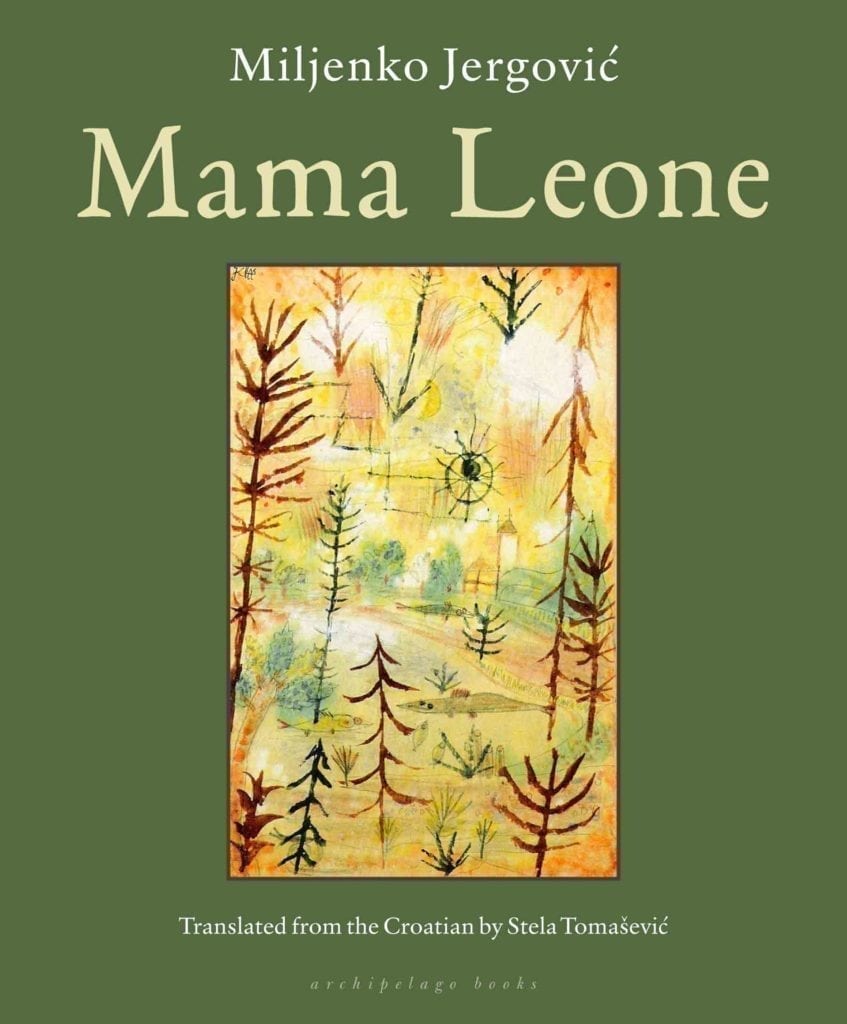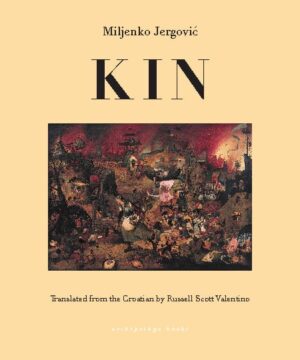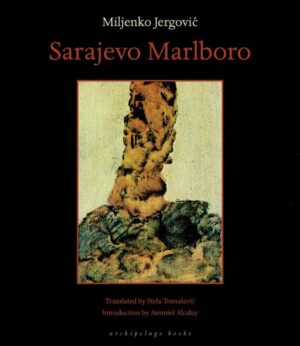Book Description
- Winner of Italy’s 2003 Premio Grinzane Cavour for Best Book in Translation
- Voted best Croatian writer of the decade by Croatian daily Jutarnji List
The Croatian writer Miljenko Jergovic, whose remarkable debut collection of stories, Sarajevo Marlboro – winner of the Erich Maria Remarque Peace Prize – was published by Archipelago, has created a masterful collection of linked stories that draws the reader into a precocious boy’s episodic, personal recounting of his war-torn homeland and childhood. Dazzling, rhapsodic, and above all compassionate, these linked stories, deeply rooted in place and history, break down stereotypes and humanize a complex cultural conflict.
[Jergovic is] a poet, novelist, and journalist of the highest caliber. . . . His concern is for the living and in this collection of stories about Sarajevo and its inhabitants he writes about them with the seriousness, sensitivity, quirky intelligence, and gentle humor of a master of the short story.
— The New Republic
Reading Miljenko Jergovic's Sarajevo Marlboro is like wrapping yourself in a quilt of 29 patches, with each patch personalizing the horrors of the Bosnian War in ways that are engaging, humorous, and unendingly sad. If we are ever to learn to avoid carnage it will be through such acts of constant humanizing as are captured in Jergovic's amazing work.
— Richard Wiley
Like all great war books, Sarajevo Marlboro is not about war—it’s about life. Jergovic is an enormously talented storyteller, so the people under siege come through in all their poignant fullness. And one more thing: this book does not belong to the literature of complaining, much too common these days—Sarajevo Marlboro is a book for the people who appreciate life.
— Aleksandar Hemon
Read this book. These spare tales speak of all that may yet befall us if we forget our essential fragility; by showing that while what unites us is undeniable, what we allow to divide us too easily becomes murderous. This classic of anti-war writing is a warning about the immense human cost of following those who would have us hate others.
— Richard Flanagan
A remarkable collection. . . Grim, beautiful ruminations on how the familiarities of life can, in the instant a bomb drops, become unrecognizable. . . . With a natural sense of stopping point and courage to spare, Jergovic has the mien of the rare author whose gift is so innate he need only conquer a few demons and steady his hands enough to write it all down.
— San Diego Union Tribune
Sarajevo Marlboro marks the American debut of a writer who deserves as enthusiastic an audience in the United States as he enjoys in Europe. . . Jergovic brings a powerful cocktail of irony, humour, and detachment to the daunting task of crafting stories asserting the potency of lives that continue to improbably unfurl against a backdrop of bullets and explosions or resonate after they are cut brutally short.
— The Review of Contemporary Fiction
Miljenko Jergović is a superb stylist...He manages to convey vivid and emotionally rich pictures of everyday life with even the slightest of rhetorical flourishes. His prose can be deceptively simple at times, but this reveals his fine-tuned ear for language that eschews unnecessary complications. David Williams has done a superb job of translating these stories and has managed to keep them fresh and vivid even in English. They are bound to amuse and entertain.
— Bojan Tunguz
Miljenko Jergović is a fascinating writer in the best literary tradition of Central Europe. His linked stories published recently under the title MAMA LEONE is a fresh, original and seductive narrative on a family odyssey, real and imaginary, through love and death, war and wonder, sorrow and joy, told with gentle irony, intensity and magic candor.
— Norman Manea
Miljenko Jergovic's Sarajevo Marlboro relies on minute details, such as a dead cactus and a grandmother's ring, to distinguish individuals' numbed reactions to the devastation of the Bosnian war. There's a melancholy, dreamlike sameness to Jergovic's war stories that recalls Alan Lightman's use of time in Einstein's Dreams and Italo Calvino's meditations on place in Invisible Cities, but Jergovic's book is the strongest of the three.
— Maud Newton, Newsday Favorite Book of the Year
...a multilayered and complex text, which demonstrates why Jergović is one of the most prominent Croatian authors and one of the most translated European writers.
— World Literature Today




